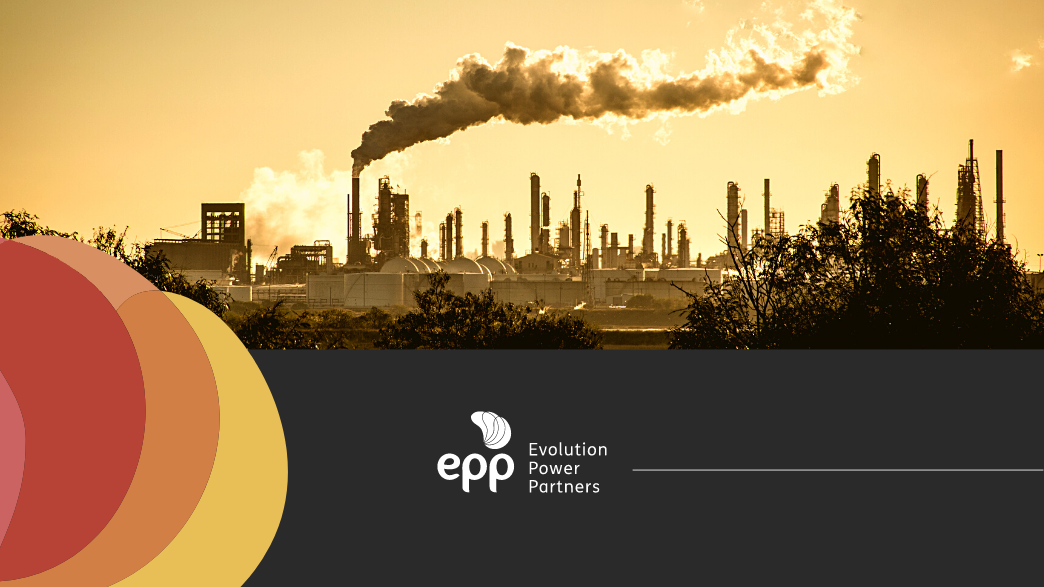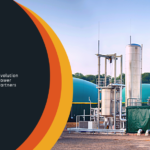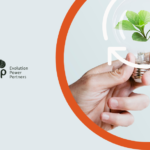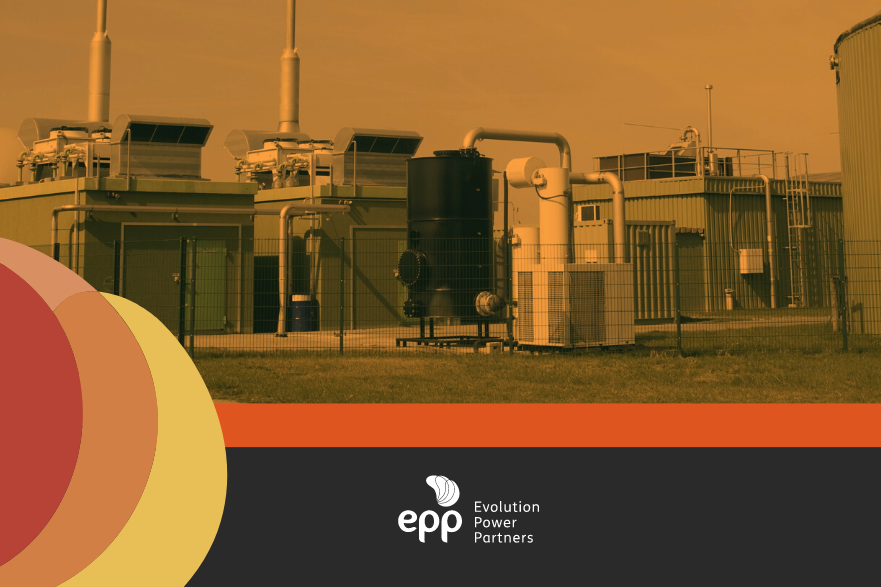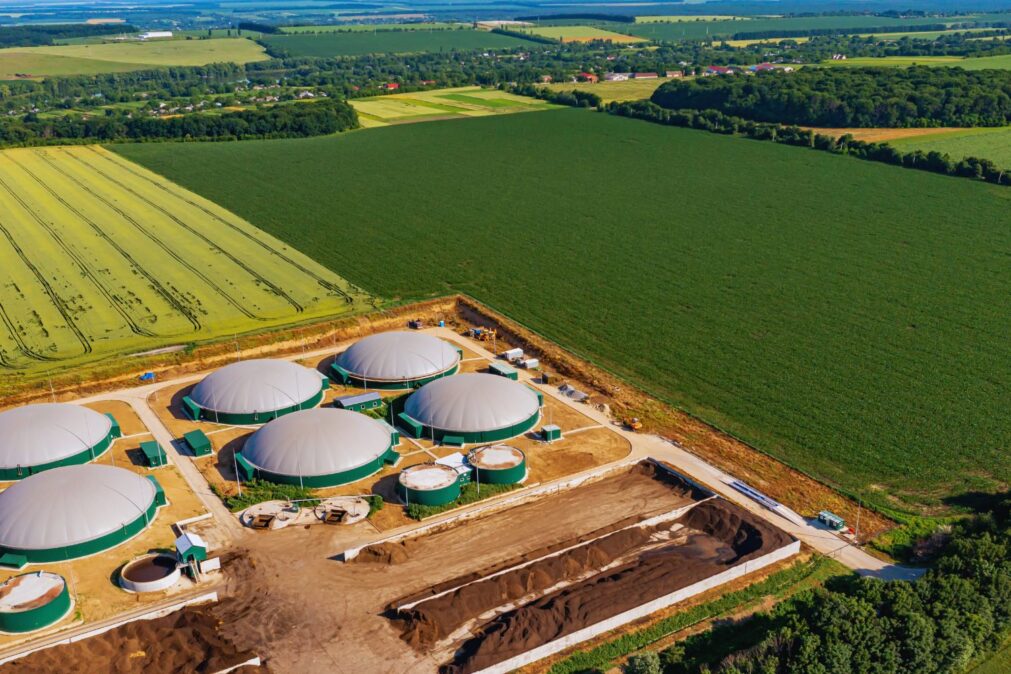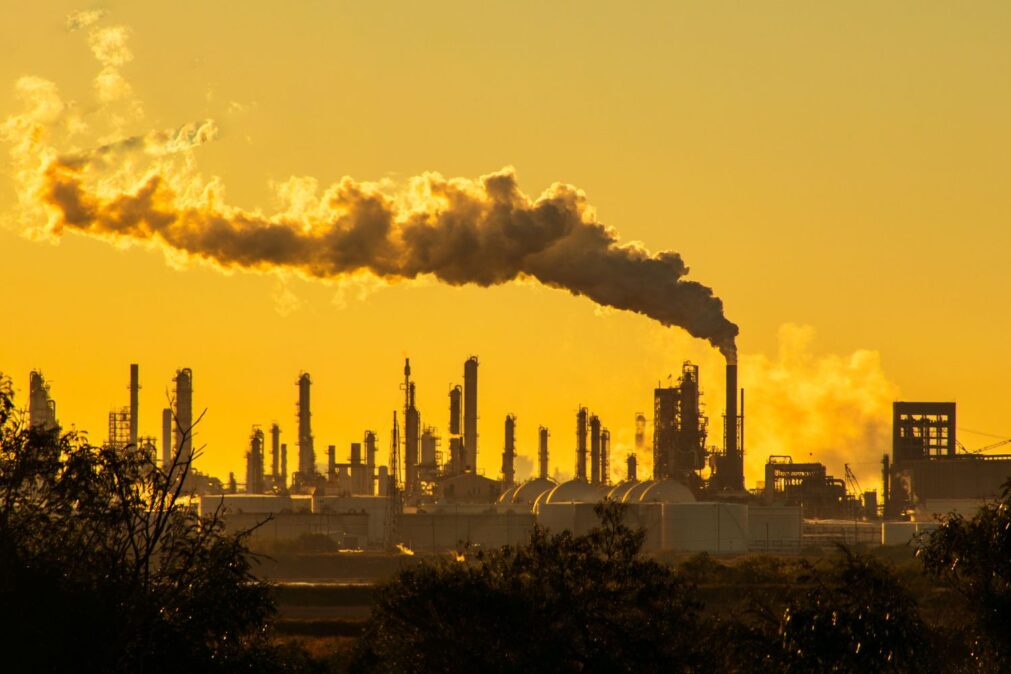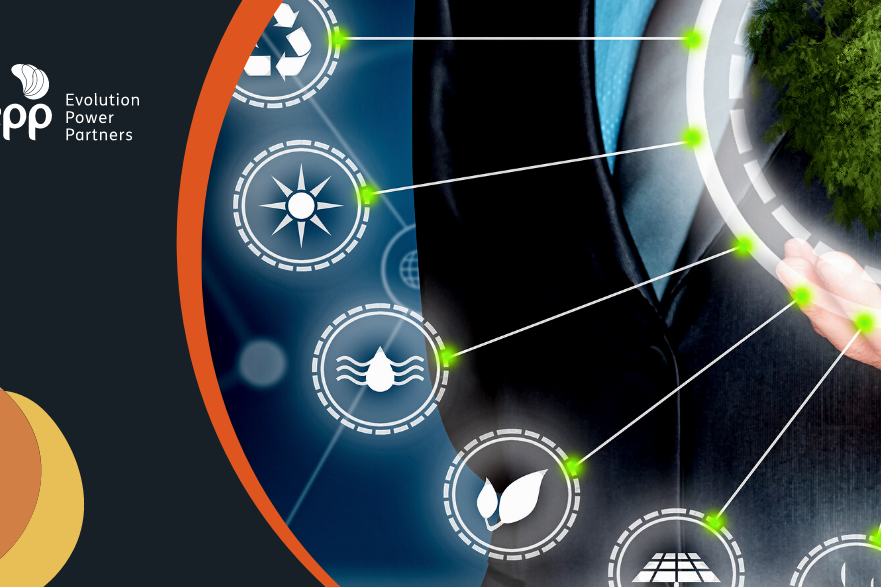What is critical to understand in the 6th IPCC report on climate change mitigation?
The latest report by the Intergovernmental Panel on Climate Change (IPCC) states that the mitigation measures needed to tackle climate change are urgent.
The IPCC is a UN climate advisory body and was created in 1988 by the United Nations Environment Program and the World Meteorological Organization. Its objective is to monitor and disseminate relevant research related to climate change.
Its latest report (AR6 WGIII) reveals that the emission of gases responsible for the greenhouse effect and global warming continues to increase. Therefore, with increasing frequency, we see news of floods, long periods of drought, high temperatures, forest fires and other climatic catastrophes.
Here’s what the latest IPCC report says about climate change.
IPCC main points on climate change
The last IPCC report had the participation of more than 200 scientists from 65 different countries – including Brazilians. The study brought the possible perspectives for the future of the planet, focusing on the necessary measures to mitigate climate change, that is, the reduction of greenhouse gas emissions and the removal of CO2 from nature.
Check out the key considerations covered in the report.
Is it possible to achieve the goals of the Paris Agreement?
The Paris Agreement is a global treaty, signed by 195 countries in 2015, that seeks to limit global temperature rise to 1.5°C by the end of the century. It was even the IPCC study, from 2018, that ratified this limit as ideal to avoid more severe climate change.
However, the new IPCC report found that all the measures and mechanisms that countries have already adopted are not enough for the world to reach peak carbon emissions by 2025, considered the deadline for this adaptation. The study found that it will be impossible to achieve this goal if there is also no capture and storage of carbon that already exists in the atmosphere.
Which countries emit the most greenhouse gases?
In recent decades, countries in the Asia-Pacific region, such as China, India and Japan, are responsible for practically half of the entire planet’s carbon emissions. While the countries of the Northern Hemisphere managed to stabilize the emission of these gases and, today, only ⅓ of the total emission is attributed to them.
However, the last report showed that the discrepancy is greater when we analyze the emission per capita, especially related to purchasing power: 10% of the richest part of the world contributes up to 45% of global emissions, while the poorest 50%, only with 15% of the total.
The use of fossil fuels and investments in clean energy
Today, there is no more space for the construction of new ventures dependent on fossil fuels. The latest IPCC report makes it clear that the transition to the use of clean and renewable energy cannot be postponed.
According to the study, the world can still withstand the emission of 510 Gt of CO2 by 2050. However, existing structures, which use fossil energy, are projected to emit up to 850 Gt in the future. Therefore, in addition to the deactivation of these old facilities, it is suggested the expansion of investment in other types of energy, such as solar, wind, hydraulic and nuclear.
As this is an urgent global demand, not all sectors of the economy are able to adapt in time. However, there are other ways to compensate for the damage caused by CO2 emissions, such as the purchase of carbon credits. The proceeds from the sale are used for forest conservation and the planting of new green areas, which are elements responsible for the natural capture of carbon from the atmosphere.
It is worth mentioning that the conclusions of the last IPCC report are not forecasts, but projections supported by mathematical calculations based on data that the current situation presents. Therefore, the AR6 WGIII scientists claim that there is urgency to implement the proposed measures and there is no more time to postpone these decisions for later years.
At Urca Energia, sustainable energy solutions, such as biogas and biomethane, transform the energy matrix of companies, bringing benefits to the environment and business. Biogas, produced by EVA Energia from waste from landfills and swine farming, is a renewable source of electricity or fuel that prevents soil and water contamination, reduces greenhouse gas emissions and generates savings for companies .
Already biomethane, a biofuel produced from biogas, has zero emission of gases in the production process and represents 40% savings compared to diesel. Grupo Urca acquired Gás Verde S.A, a company that produces biomethane from landfill waste in Seropédica, in addition to two plants for generating energy from biogas in Nova Iguaçu and São Gonçalo, all located in the Metropolitan Region of Rio de Janeiro. of January.
